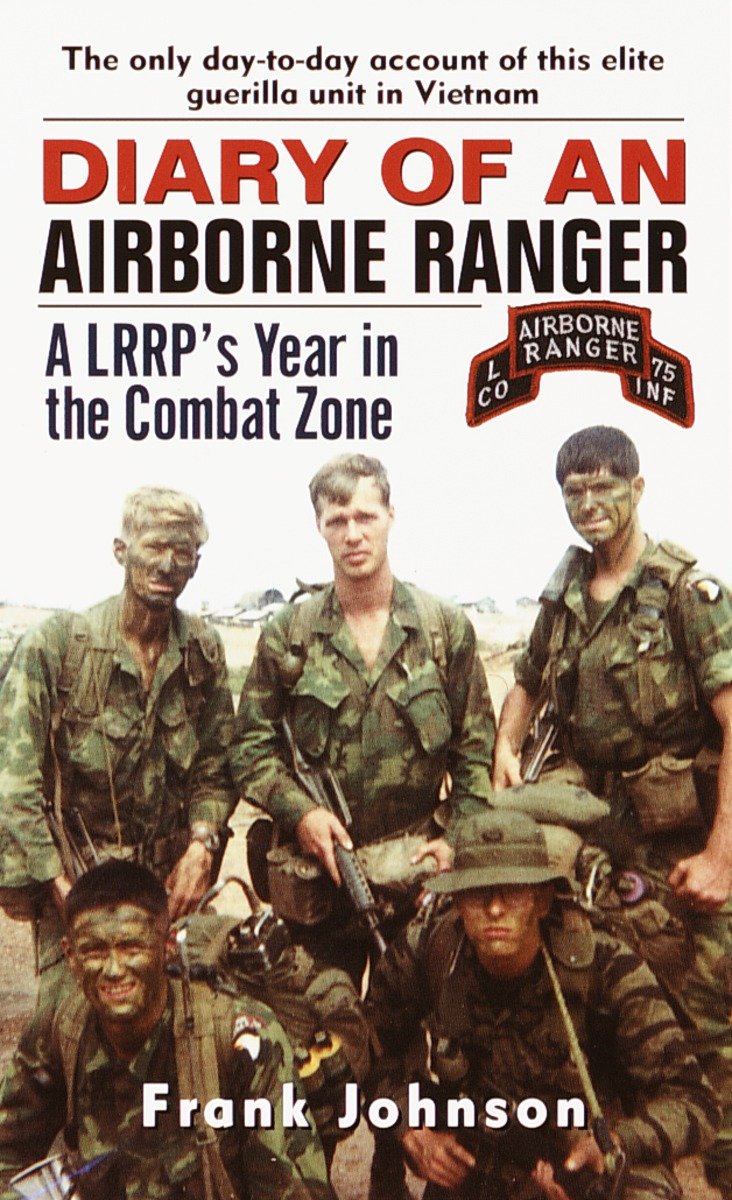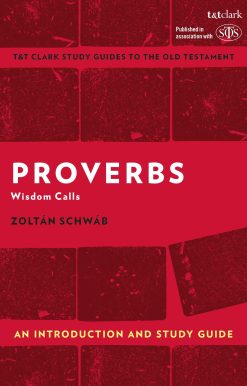Diary of an Airborne Ranger: A LRRP’s Year in the Combat Zone
6.00 JOD
Please allow 2 – 5 weeks for delivery of this item
Add to Gift RegistryDescription
Perhaps the most accurate story of LRRPs at warever to appear in print!When Frank Johnson arrived in Vietnam in 1969, he was nineteen, a young soldier untested in combat like thousands of others–but with two important differences: Johnson volunteered for the elite L Company Rangers of the 101st Airborne Division, a long range reconnaissance patrol (LRRP) unit, and he kept a secret diary, a practice forbidden by the military to protect the security of LRRP operations.Now, more than three decades later, those hastily written pages offer a rare look at the daily operations of one of the most courageous units that waged war in Vietnam. Johnson served in I Corps, in northern Vietnam, where combat was furious and the events he recounts emerge, stark and compelling: walking point in the A Shau Valley, braving enemy fire to rescue a downed comrade, surviving days and nights of relentless tension that suddenly exploded in the blinding fury of an NVA attack.Undimmed and unmuddied by the passing of years, Johnson’s account is unique in the annals of Vietnam literature. Moreover, it is a timeless testimony to the sacrifice and heroism of the LRRPs who dared to risk it all.
Additional information
| Weight | 0.17 kg |
|---|---|
| Dimensions | 1.53 × 10.67 × 17.05 cm |
| PubliCanadation City/Country | USA |
| Author(s) | |
| Format Old` | |
| Language | |
| Pages | 288 |
| Publisher | |
| Year Published | 2001-2-27 |
| Imprint | |
| ISBN 10 | 0804118809 |
| About The Author | Frank Johnson served in Vietnam as a member of L Company (Ranger), 101st Airborne Division. He received numerous combat awards, including the Silver Star and two Bronze Stars. Since leaving active duty he has served with 12th Special Forces Group (Abn.), U.S. Army Reserves; 4th Force Recon, USMC Reserves; 122d Armor Brigade; Nevada National Guard; 19th Special Forces Group (Abn.); and Utah National Guard. Currently he is serving with the Nevada Air Guard.He and his wife, Kipp, live in Reno. They have a son, Joshua, and a daughter, Jahnee. |
| Excerpt From Book | IntroductionDiary of an Airborne Ranger is indeed a unique literarywork. It is the day-by-day story of a nineteen-year-oldyouth's one-year odyssey into manhood. It is uniquebecause it is not written in the perspective of an agingveteran recalling his warrior years through memories andrecollections softened and mellowed by the ravages oftime. Frank Johnson's diary is the compelling andrefreshingly honest portrayal of a young man's introductionto war, with all the fearless bravado, unquestionedpatriotism, intense loyalty, raw courage, and lost innocencethat one can get only from being there. There areno pretenses here. What you see is exactly what you get.When Frank Johnson arrived in South Vietnam in thefall of 1969, the war, for all intents and purposes, hadalready peaked. "Vietnamization'' was the new buzz word,and Richard Nixon was keeping his promise by announcingtroop withdrawals and a reduction in U.S. forces. Tothose of us who were there, the first indications of an armybetrayed were just beginning to surface. No longer wasthere talk of defeating the enemy and achieving a just andfinal victory. Withdrawing with honor and grace becamean acceptable alternative. To those young men just arrivingin-country came the impossible task of covering our "withdrawal.'' They knew that they would never savor the laurelsof total victory. There would be no parades, nor would theybe welcomed home in the end. They knew all of this, yetthey still volunteered to perform this impossible task.Their actual mission was threefold: 1) to keep theenemy at bay by continuing to carry out offensive operations;2) to provide for a smooth and orderly transition ofU.S. weapons and equipment to our allies, along with thetraining and support to enable them to deploy it; and 3) toavoid alarming our allies by having them discover thatthey were in all actuality being abandoned.Under these somewhat stressful conditions, FrankJohnson and his teammates were ordered to take the warto the enemy. Unlike their predecessors, the long-rangereconnaissance patrollers whose primary mission was togather intelligence, the Rangers were told to go out andinitiate contact with the enemy. The army doctrine behindthis gross misuse of five- to twelve-man reconnaissanceteams was the doctrine of "force multipliers.'' Simplyput, this meant to do more and risk less with smallernumbers of soldiers. The obvious benefit to our side wasexperiencing fewer friendly casualties while still maintainingan acceptable attrition rate among enemy personnel.The detriment was solely to the soldiers tasked toaccept the risk. Remember, this was an increasinglyunpopular war back home. Frank Johnson and his fellowRangers were just such soldiers.As you read through the pages of this amazing work youwill find yourself wondering, "Why did they keep goingback out and doing what they did?'' The answer will surpriseyou. You see, it was not that same sense of duty andhonor that had brought many of them into the service. Itwas not the same patriotism that had inspired their fathersand grandfathers before them. And it was definitely notpower nor the promise of wealth that sent these young meninto harm's way, day after day, even when they knew thewar was already lost. "Why then,'' you ask? Well, let me tellyou! It was camaraderie, the love that one teammate has foranother. It was their motto, "Rangers don't leave Rangersbehind!'' This was not only their motto, but the guidingforce that dictated their ethics, their courage, and their loyaltyto one another. Can you understand the power of suchfeelings . . . the emotion? It is a powerful motivator.Throughout Frank Johnson's diary, the recurring themeof camaraderie, brotherly love, and living up to the Rangermotto is demonstrated. This was a glorious thing that allwarriors experienced to some degree or another during theVietnam War, perhaps to a greater extent among the small,elite special-operations units that so often stood alone.When you read through each page of this book, forgive thelanguage and the style–the author was just a kid out ofhigh school when he penned it. There will be no literaryawards or prizes coming his way. But if you want to under-standwhat heroes are made of, and why so many of ouryoung men come home with emotional baggage they cannever shed, then read this book from cover to cover. Whenyou're finished, go back and read it again–more slowlythe second time. All of the emotions, the pain, andthe memories, both good and bad, are right there. We knowwhere they are. You'll have to find them for yourselves.Gary A. LindererF Company, 58th Infantry (LRP)L Company, 75th Infantry (Ranger)101st Airborne DivisionRVN 1968-1969RANGERS LEAD THE WAY! |
Only logged in customers who have purchased this product may leave a review.






Reviews
There are no reviews yet.